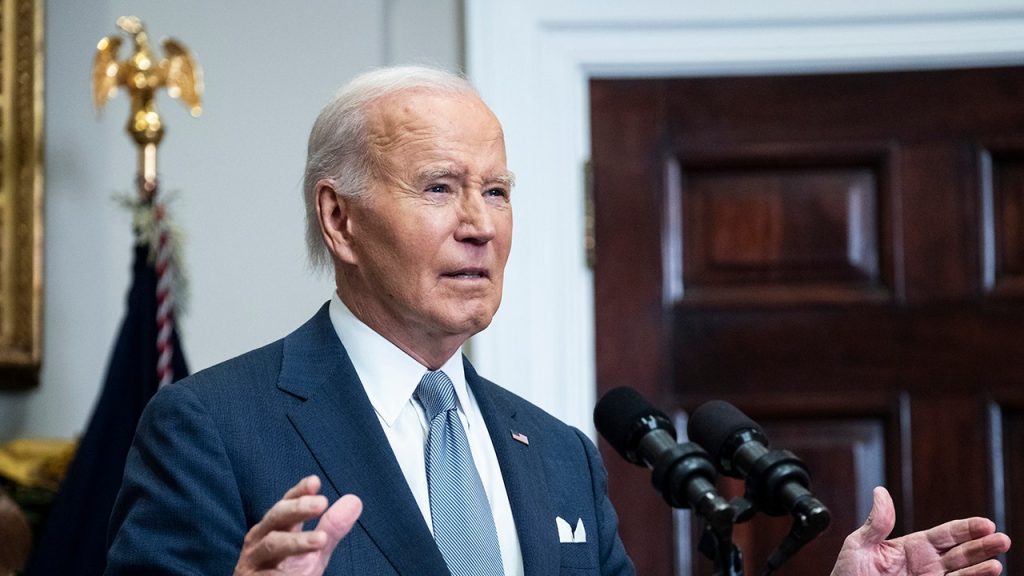The Biden administration has unveiled a comprehensive national strategy to combat Islamophobia and anti-Arab hate, marking a historic step in addressing the escalating prejudice and discrimination faced by these communities in the United States. This initiative, termed the first-ever Strategy to Counter Islamophobia and Anti-Arab Hate, follows a year marked by a surge in antisemitism and anti-Arab sentiment, particularly in the aftermath of the October 2023 Hamas attack on Israel. The strategy aims to confront the long-standing biases and threats directed at Muslim and Arab Americans, acknowledging the heightened vulnerability these communities have experienced in recent times.
The urgency of this strategy is underscored by the tragic murder of 6-year-old Wadee Alfayoumi, an American Muslim boy of Palestinian descent, in Illinois in October 2023. This incident, along with other grievous attacks targeting Muslim and Arab Americans, highlights the very real dangers these communities face. President Biden’s commitment to addressing these issues dates back to December 2022, when he established an interagency group dedicated to combating both antisemitism and Islamophobia. This new strategy builds upon the administration’s earlier efforts, including the release of the first-ever National Strategy to Combat Antisemitism last year, demonstrating a comprehensive approach to tackling hate-based violence and discrimination.
The core tenets of the strategy revolve around five key areas: increasing awareness about anti-Arab hate, enhancing safety and security for Muslim and Arab communities, tackling discrimination in various sectors, accommodating religious practices and fostering inclusivity, and building solidarity and understanding across diverse communities. By focusing on these interconnected elements, the administration aims to create a more inclusive and tolerant society where Muslim and Arab Americans can live without fear of prejudice and violence. This multi-pronged approach acknowledges the complex nature of Islamophobia and anti-Arab hate, requiring action on multiple fronts to effect meaningful change.
Increasing awareness is crucial to challenging misconceptions and stereotypes that fuel prejudice. The strategy emphasizes the importance of educating the public about the rich history and contributions of Muslim and Arab Americans, dispelling harmful narratives and fostering greater understanding. Improving safety involves strengthening security measures to protect communities from hate crimes and threats, ensuring that law enforcement agencies are equipped to respond effectively to these incidents. Tackling discrimination requires addressing systemic inequalities in employment, housing, education, and other sectors, ensuring equal opportunities for all.
Accommodating religious practices and fostering inclusivity involves creating spaces where Muslim and Arab Americans can freely express their faith and cultural identity without fear of discrimination or ostracization. This includes promoting religious tolerance in workplaces, schools, and public spaces, ensuring that the rights of all individuals are respected. Building solidarity across communities is essential to creating a united front against hate and bigotry. The strategy encourages interfaith dialogue and cross-cultural exchange, fostering mutual understanding and respect among diverse groups.
The launch of this strategy comes at a critical juncture, as antisemitic incidents have surged to record highs following the October 7 attack on Israel and the ensuing conflict with Hamas. The rise in antisemitism underscores the interconnectedness of various forms of hate and prejudice, highlighting the need for a comprehensive approach to combating all forms of bigotry. Recent incidents, such as the distribution of anti-Israel newspapers at Columbia University and the disruption of the Macy’s Thanksgiving Day Parade by anti-Israel protesters, further illustrate the prevalence of antisemitism and the need for concerted efforts to address it.
The Biden administration’s commitment to combating Islamophobia and anti-Arab hate, alongside its efforts to address antisemitism, reflects a broader commitment to protecting the rights and safety of all marginalized communities. By implementing this comprehensive strategy, the administration aims to create a more just and equitable society where all individuals can live free from fear and discrimination. This historic initiative marks a significant step towards upholding the American ideal of equality for all, regardless of faith or background.










